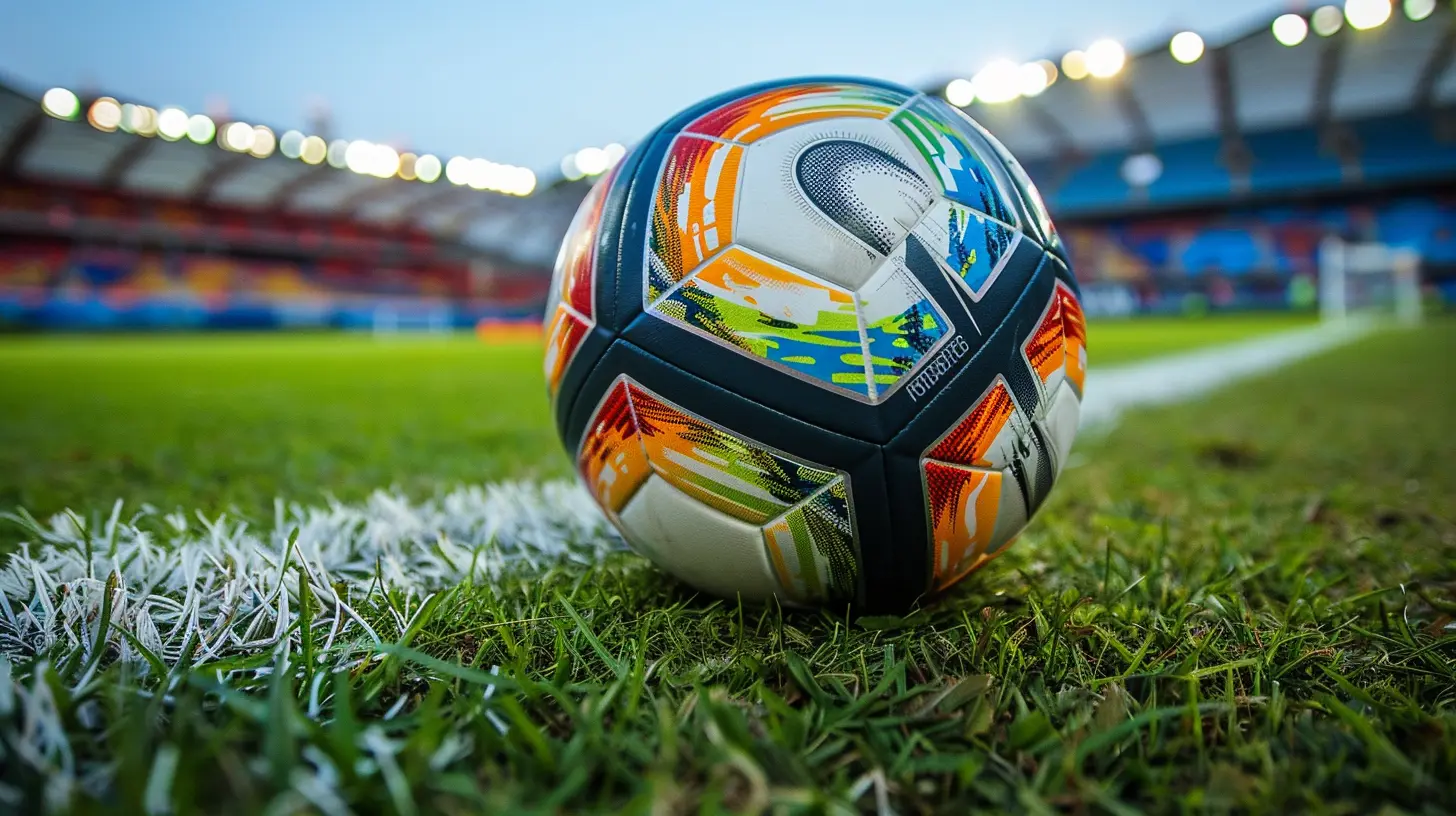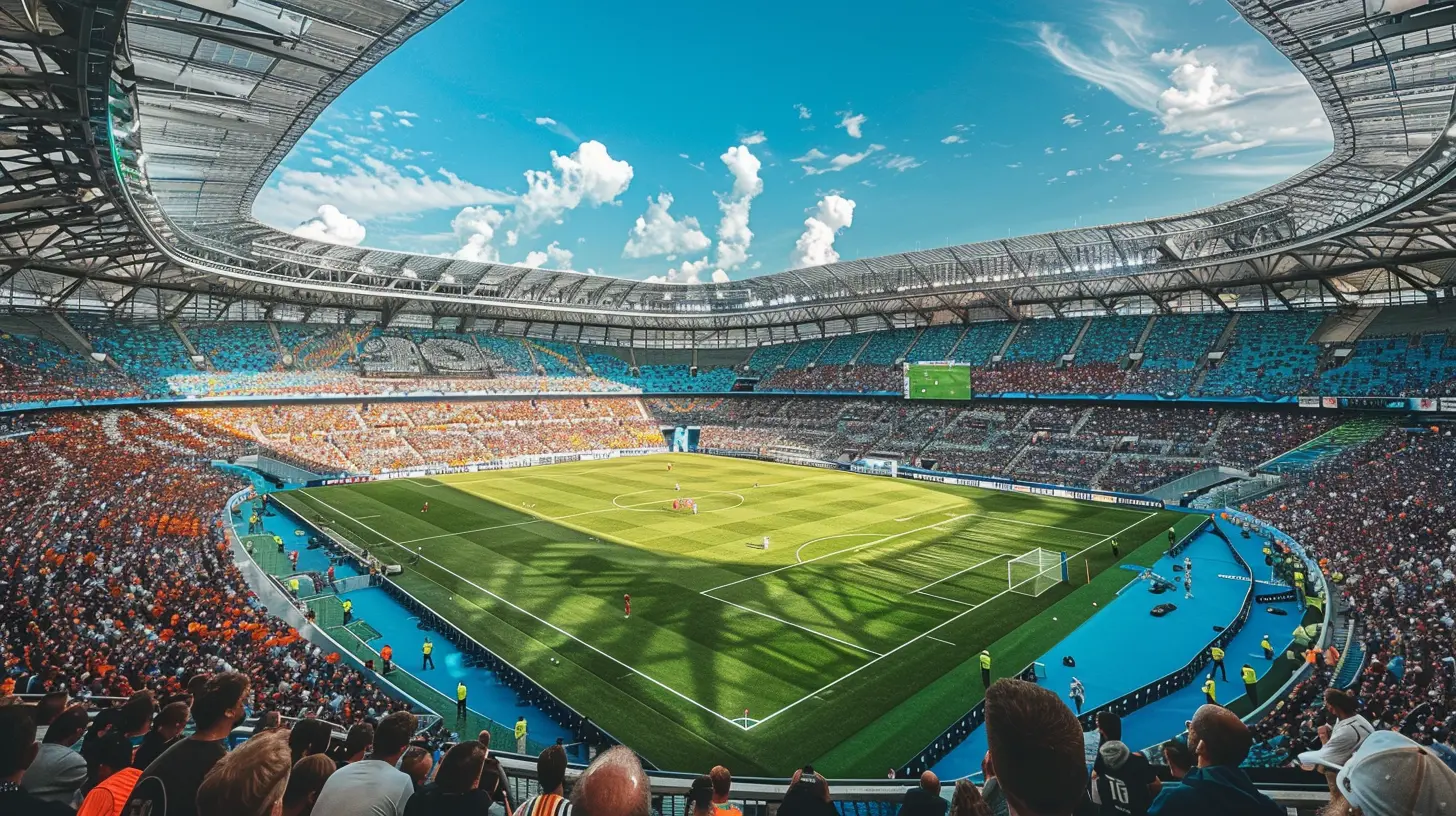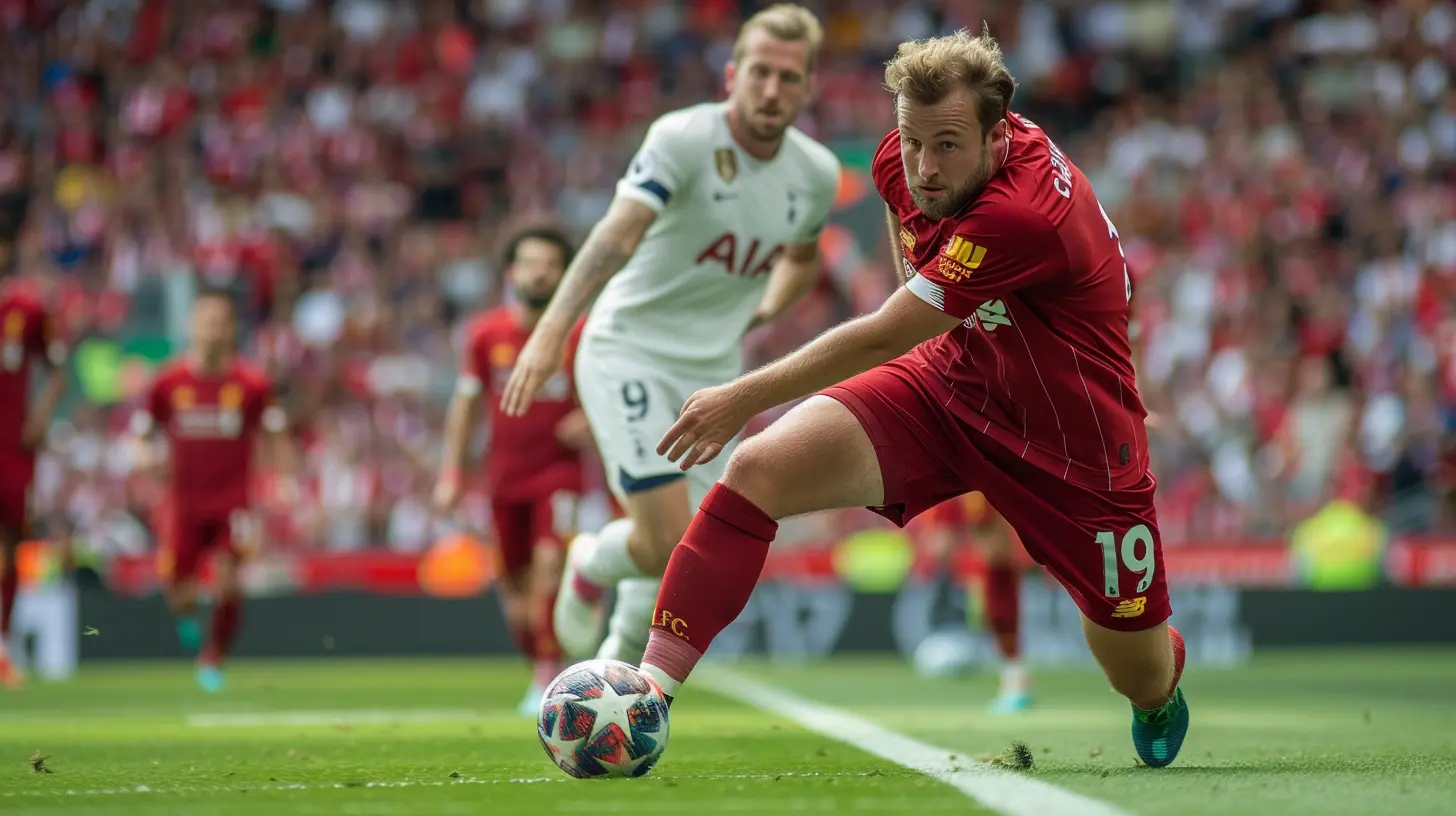The Impact of Early Goals: How Fast Starts Shape Matches
29 July 2025
There’s something electrifying about an early goal in football. Just think about it—before fans have even warmed their seats, a player manages to slot the ball into the net. The crowd erupts, the energy shifts, and from that point, the game takes on a whole new vibe. But here’s the thing: an early goal does more than just light up the scoreboard—it can completely change the dynamics of a match.
In this article, we’re going to unpack how early goals influence everything from team tactics to psychology, momentum, and even the fans' experience. So, whether you’re a die-hard supporter, a curious newbie, or someone addicted to the beautiful game, you're in the right spot.
Setting the Tone: Why the First Minutes Matter
Let’s be honest. We often treat the opening ten minutes of a match as a settling-in period. Teams test each other out, adjust to the pitch, feel out the opposition—and then bam! a goal flies in. Everything changes.Early goals are game-changers. They set the tone. They force one team to chase and allow the other to control. It’s like flipping the script before the story even begins. Momentum swings, plans are tossed out the window, and managers reach for their notepads far earlier than expected.
But why do these fast starts have such an outsized impact? Well, let’s dig into the psychology first.
The Psychological Domino Effect
For the Scoring Team
Scoring early is like hitting a confidence jackpot. The players settle quicker, the nerves disappear, and suddenly, every pass feels sharper and every move more purposeful. A team that scores early often gains the upper hand in both mindset and momentum.Picture this: A striker bags a goal in the second minute. Suddenly, that player is buzzing. Their touch gets better, their vision crisper. It’s not magic—it’s psychology. Confidence breeds quality.
For the Conceding Team
Now flip the script. Imagine being on the receiving end of that early goal. The plan you spent all week perfecting? It’s in shambles. You’re forced to react instead of dictate. Panic can set in. Defenders may get jittery, midfielders may start forcing passes, and attackers may lose composure.It’s like being punched in the gut before the fight even starts. Recovering takes a strong mentality—and not every team has that.
Tactical Shifts: When Plans Change on the Fly
Football is as much a game of plans as it is of spontaneity. Managers love to strategize. But an early goal? That’s the ultimate curveball.When You're Ahead Early
If you’re the team that scores early, you suddenly have options. Do you sit back and absorb pressure, playing on the counter? Or do you go for the jugular and try to double the lead? That decision shapes the rest of the match.We’ve seen it countless times—teams that score an early goal and then park the bus. It’s risky, but if done right, it frustrates the opponents and preserves energy.
When You’re Behind Early
If you concede early, the strategy shifts to “Plan B”—whether you like it or not. Maybe that means going more direct or committing more bodies forward, but it almost always forces you to chase the game. And chasing a game is exhausting—not just physically but mentally.
Momentum: The Invisible Force on the Pitch
Momentum is one of those sports clichés that actually holds weight. Once a team gets going, they often snowball. Early goals can act as fuel for this momentum.A goal in the first five minutes? That’s like adding lighter fluid to a fire. Players become braver. The crowd becomes louder. The belief grows—and once belief sets in, anything is possible.
Remember those magical comebacks or blowouts that started with an early goal? They didn’t happen by accident. Momentum took the wheel.
Case Studies: When Early Goals Made All the Difference
To really understand the impact of early goals, let’s take a look at some memorable moments where fast starts flipped the game.Brazil vs. Germany – World Cup 2014
Ah yes, the infamous 7-1 semifinal. Germany opened the scoring on the 11th minute, and by the 29th, they were 5-0 up. Brazil, stunned and shell-shocked, never recovered. That early opening goal cracked the armor—and the floodgates opened.Liverpool vs. Barcelona – Champions League 2019
Liverpool needed a miracle. And guess what? They got an early goal in the 7th minute. It shifted the atmosphere at Anfield, unsettled Barca, and set the tone for one of the greatest comebacks in football history.In both cases, the early goals weren’t just goals—they were statements.
Fan Dynamics: How Early Goals Impact Supporters
Let’s not forget the 12th man—us, the fans. Early goals affect the crowd just as much as the players. At home, it can supercharge the stadium, creating an atmosphere that intimidates the visiting team. On the road? It can silence thousands.You ever notice how a stadium buzzes louder after an early goal? That energy isn’t just for show. It lifts the players, shakes the opponents, and adds a wild-card factor that can’t be replicated in training.
Betting and Analysis: Why Punters Pay Attention to First Goals
For the stat geeks and betting enthusiasts, early goals are gold. Oddsmakers know the value of an early goal—they shift in-play odds dramatically.A team known for fast starts (like Manchester City or Bayern Munich) often commands tighter odds. Why? Because scoring early has statistically increased their chances of winning games.
If you're into analytics, you’ve probably noticed a trend: teams that score in the first 15 minutes have a significantly higher chance of winning. It ain't gospel—but it’s as close as it gets in sport.
The “Letdown” Effect: When Early Goals Backfire
Okay, let’s pump the brakes for a second.Are early goals always beneficial? Surprisingly, no.
Sometimes, scoring too early can relax a team too much. They lose focus, ease off the gas, and invite pressure. How many times have we seen a team score in the 3rd minute, only to lose 2-1 after switching off? A false sense of security can be deadly.
The game's not over at 1-0—especially early on. And any team that forgets that invites trouble.
Training and Preparation: Do Coaches Plan for Early Goals?
Believe it or not, most elite teams are drilled for early scenarios—both scoring and conceding. Coaches prepare "game scripts" to handle different situations. Starting with intensity is often a part of the plan.Some managers encourage a high-pressing game early, specifically to force mistakes and pounce. Others prefer a cautious opening to avoid early mishaps. Either way, a team’s approach reflects how seriously they take early phases of the game.
So yes, early goals aren’t lucky flukes. Often, they’re rehearsed masterpieces.
The Final Whistle: Why Fast Starts Deserve More Credit
In football, the margins are thin. A single goal can tip the balance. And when that goal comes early? Well, it does more than just put numbers on the board—it sets off a chain reaction that affects tactics, psychology, and the energy of everyone watching.As fans, we love the drama of a last-minute winner, but don’t underestimate the chaos an early strike can cause. Sometimes, the most impactful moment of the game happens when you’re still grabbing your snacks.
So next time you’re watching a match and the ball hits the net in the first few minutes—don’t blink. The entire storyline might’ve just changed.
all images in this post were generated using AI tools
Category:
Post Match AnalysisAuthor:

Frankie Bailey
Discussion
rate this article
1 comments
Cruz Rivera
Early goals set the tone, igniting momentum and unleashing the true spirit of competition!
August 21, 2025 at 12:06 PM

Frankie Bailey
Thank you! Early goals indeed energize teams and elevate the competitive atmosphere, significantly impacting match outcomes.


